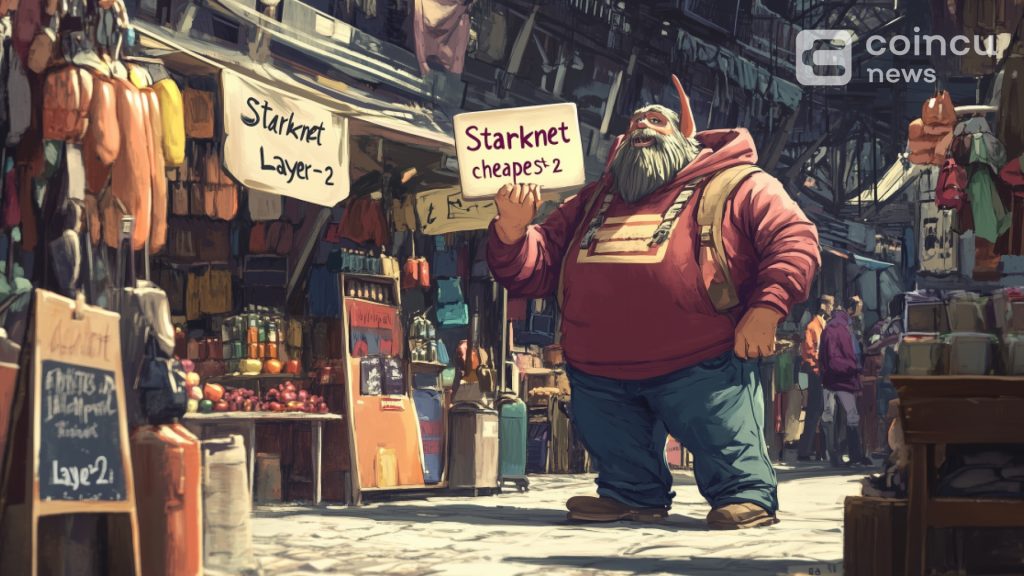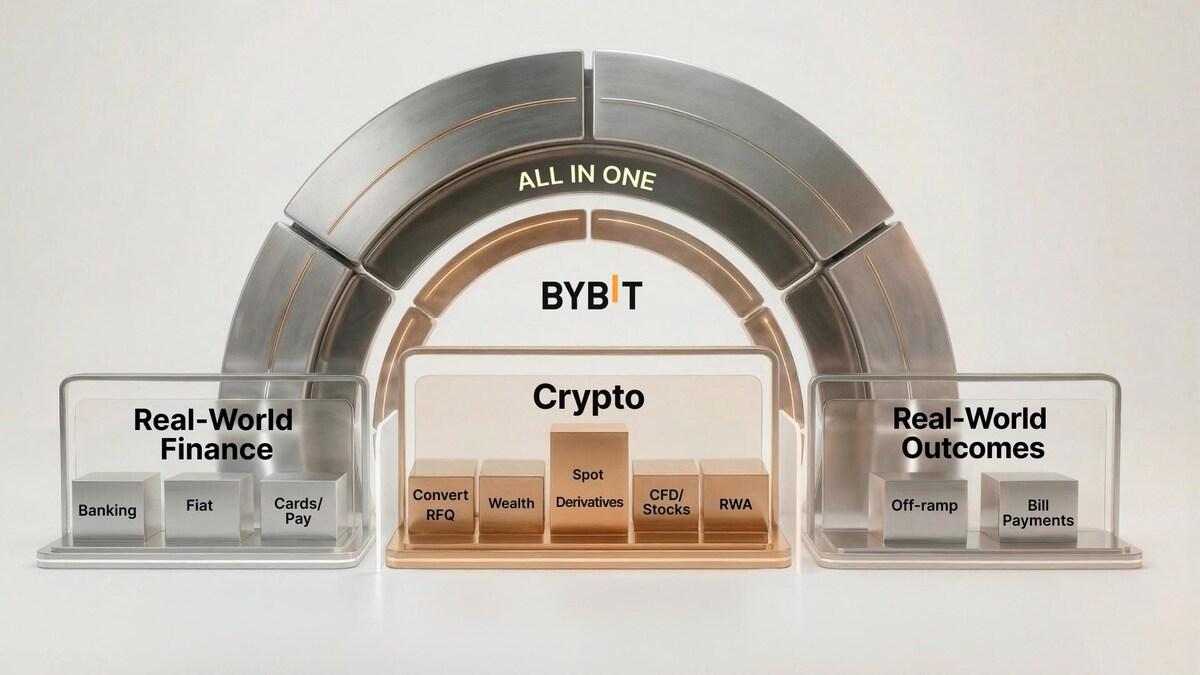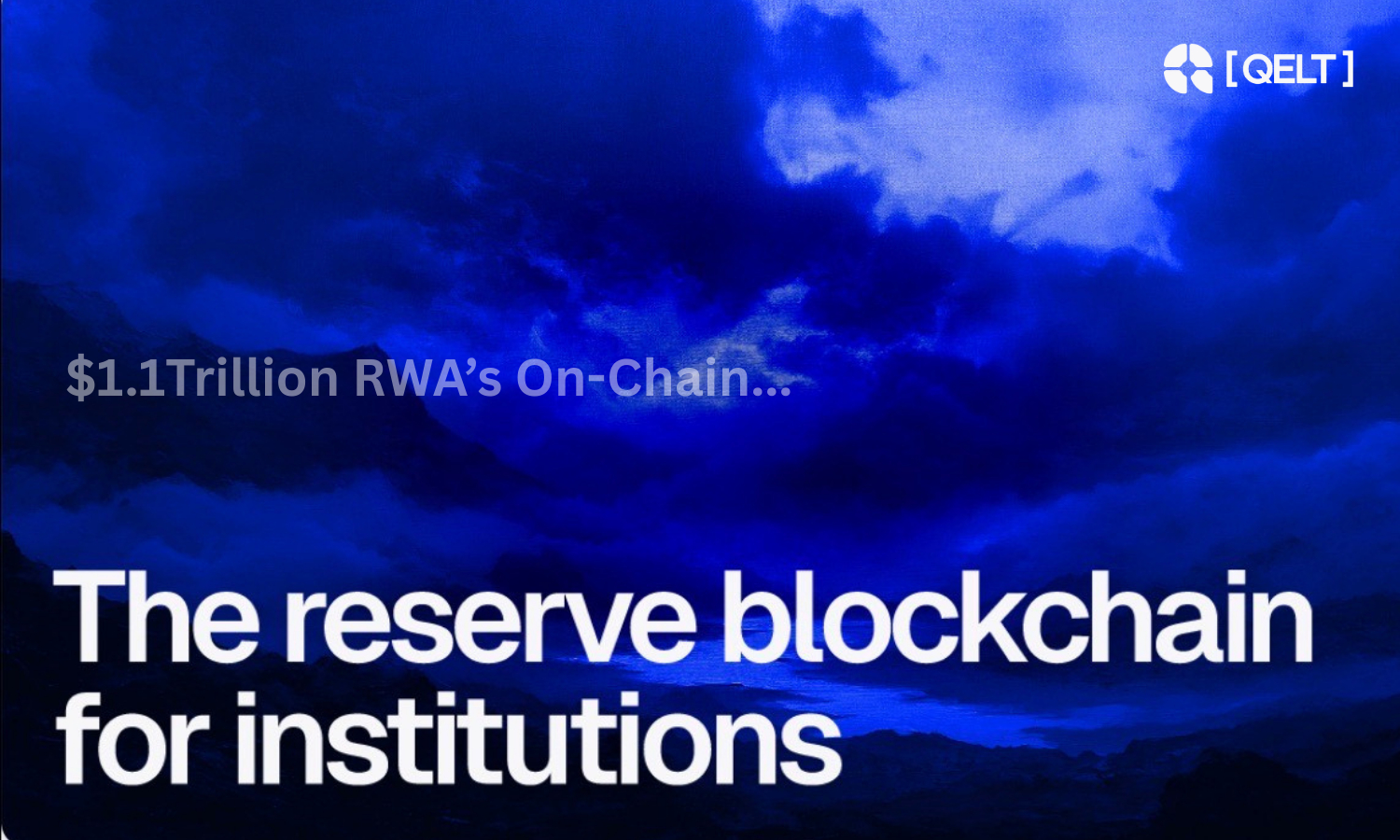Key Points:
- Starknet plans to increase its transaction processing speed (TPS) by 4x and reduce transaction fees by 5x.
- Starknet also aims to become the first layer 2 to support native Bitcoin transactions and payments.
Starknet sees massive speed and fee reduction improvements, aiming to outshine other Layer 2 solutions and integrate Bitcoin and Ethereum settlements.

Starknet Sets Ambitious Goals for Increased Speed and Reduced Fees
Starknet, a ZK-Rollup solution for scaling decentralized applications (dApps), plans to increase transaction processing speed (TPS) fourfold and reduce transaction fees fivefold.
CEO Eli Ben Sasson shared at DevCon 2024 in Bangkok last week that they will achieve these improvements by optimizing the “compilation and execution process” on Cairo, the network’s smart contract programming language.
The network aims to surpass 1,000 transactions per second (TPS), directly competing with Solana, which currently processes between 800 and 1,050 TPS, data from Solana Compass shows. Sasson affirmed that this goal is almost certainly achievable.
Transaction fees are already low and will be significantly reduced. They also aim to become the cheapest layer 2 currently available.
Currently, Starknet is ranked as the third cheapest Layer 2 on Ethereum, with an average transaction fee of $0.0013, according to Dune Analytics. This fee is just behind Optimism and Blast. In comparison, Solana’s transaction fees have averaged between $0.001 and $0.11 in recent months.
Fee reduction is a top priority because parent company StarkWare predicts a boom in blockchain activity, leading to a surge in gas fees and block prices in the near future.
In addition, StarkWare is exploring the OP_CAT improvement proposal for Bitcoin. If successful, this network would become the first Layer-2 to support native settlements on both Bitcoin and Ethereum, with the enhancement expected to roll out in the next 12 months.
Read more: Starknet Staking Expected to Launch Mainnet in Q4
Starknet Pushes Forward Despite Recent Challenges
Last week, Starknet finalized the schedule for deploying the STRK token staking feature on the mainnet on November 26th. According to official information, anyone can participate in staking on Starknet. Validators need a minimum of 20,000 STRK (equivalent to $9,000) to operate their nodes. Meanwhile, delegators can hold STRK and choose a validator for staking, with a 21-day lock-up period for unstaking.
This network has gone through many ups and downs since the controversial airdrop in February 2024. A series of negative news stories followed, from the resignation of the Starknet Foundation’s CEO to the decision to discontinue the ZKX protocol due to a lack of revenue.
Instead of giving up, Starknet has chosen to face the challenges and rise above them. Their latest ambition is not simply to reduce transaction fees and expand compatibility between the two major blockchains, Ethereum and Bitcoin, but also to solidify its leading position in the layer-2 race.
| DISCLAIMER: The information on this website is provided as general market commentary and does not constitute investment advice. We encourage you to do your own research before investing. |






















